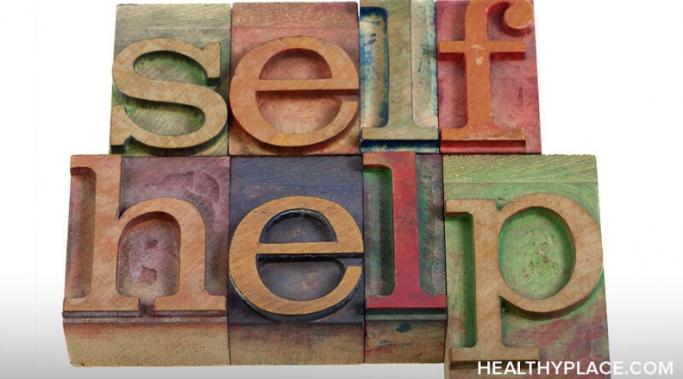I had somehow convinced myself that my life would be over the moment I walked out of there, completely devoid of confidence and self-worth. That’s a tad dramatic, but at the time, I didn’t know better; I was so clouded by feelings of self-doubt to see beyond the tragedy (as I would have described it at the time) unfolding right before my eyes. You’re a little lost, so let me dial it back for you.
Happiness and Self-Fulfillment
Today, I'd like to wish you all a sincere farewell, as this is my last post for the "Building Self-Esteem" blog. I've been thinking about my work here at HealthyPlace and would love to leave you with a few reflections.
I've long been told to let go of the things I can't control, and I always wondered how. It's not like I can flip a switch and suddenly not stress over the various external circumstances I'm dealing with at the time. For years I tried to tell myself that I would just not care about that stuff. It didn't work very well.
Over the last couple of weeks, I've been working on a new character trait -- being more assertive. Low self-esteem often makes me feel like being assertive is a bad thing. It can feel like I'm outright mean when that's not the case.
I've been writing for HealthyPlace for about six months now. I've written numerous articles about dealing with low self-esteem and how to improve it. However, I've been thinking about my process and realized that while I may be able to identify low self-esteem, that doesn't mean everyone can. Today, I'd like to take a different approach to identifying low self-esteem. I'll write this post from my viewpoint as I figure out my self-esteem.
If you're like me, you might have trouble accepting compliments. Today I'd like to talk about the simple steps I've taken to respond better when someone compliments me and how it's helped improve my overall self-esteem.
In my last post, I talked about balancing pressure and self-esteem. I often place so much emphasis on my mental health that it becomes my entire identity, which can potentially negatively affect my self-esteem and denies me the ability to choose my identity.
Over the past couple of weeks, I've studied how my mental health fluctuates daily. I've noticed recently that I often struggle the most when I put significant pressure on myself to feel good, and it negatively affects my self-esteem. I mean that I put a lot of pressure on myself to be mentally healthy and subsequently notice a negative correlation with my state of mind. Today, I'm going to talk about that pressure.
In my last post, I discussed my self-esteem battle working as an actor and how that can translate to other lines of work. I spoke on the importance of knowing that sometimes progress is made in ways that aren't immediately visible. Today, I'd like to talk about the types of progress that I can control. In doing this, I'll identify some areas that I'd like to improve and how doing that helps me achieve my goals and build self-esteem.
Early March is a pretty tough time for me. It's the anniversary of my accident and always leaves me reflecting on the mistakes that led me to that point. Today, I'd like to share the value I found in forgiving the past to take control of my present.









